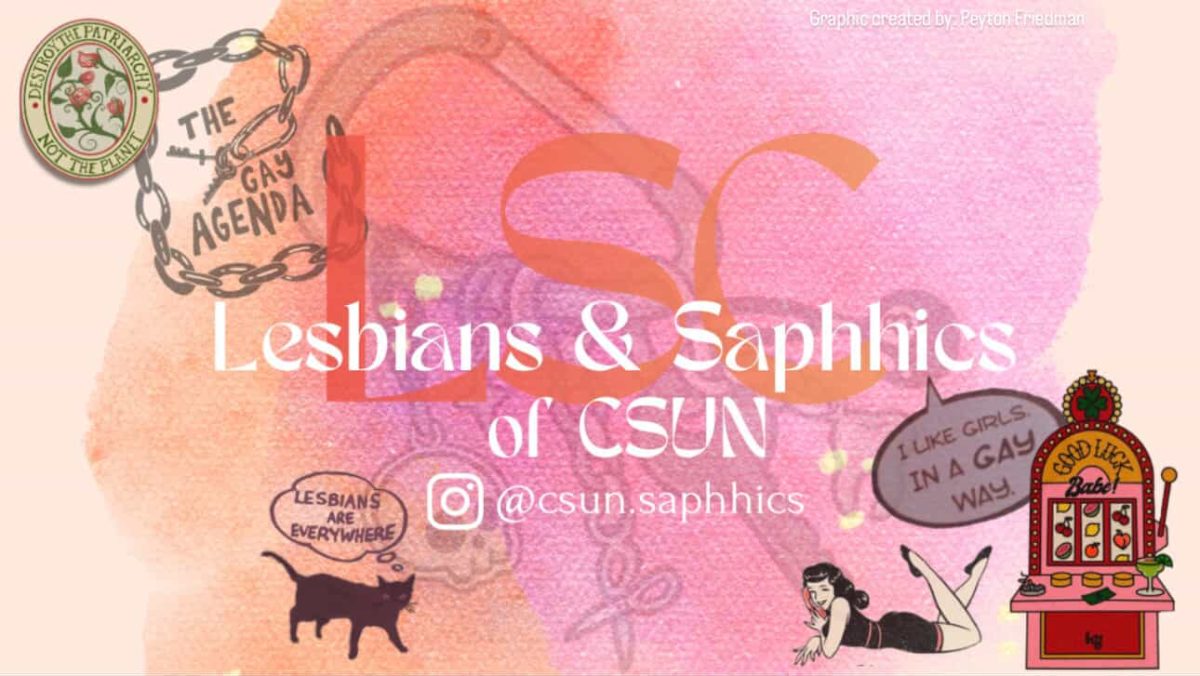
A Holocaust survivor spoke to a crowded classroom about his life and struggle to keep his hope and survive in a time of turmoil in history, when millions of people died for being different.
Students and other campus members gathered Thursday afternoon in Michele Paskow’s Jewish Studies 300 class to listen to Michael Mark speak.
“Talking about this matter is very hard for me every time I go back to that time of pain and suffering,” Mark said. “Till this day I can’t believe that civilized people can do such a thing.”
Mark’s testimony provided a record of his experiences and what life was like during the Holocaust.
Born and raised in Czechoslovakia, Mark attended a Jewish all-boys school and came from a large, tight-knit extended family. He said he considered his childhood happy and very normal.
“My mother had seven sisters and four brothers, and my father also had a very large family,” Mark said.
At around age 14, Mark said he remembers learning about Hitler’s armies becoming stronger, which would change his life and the world forever.
“The Hungarian army occupied my hometown and that is when our lives changed,” Mark said. “(After a few days), it was announced that every Jewish person including all the children were required to wear a yellow star, and from that day forward, things started to get worse and worse.
“We had to report to the synagogue to give all our belongings. That included our money and jewelry,” Mark said.
Everyone in his town was taken away in train carts and sent away, he said.
After coming out of the carts, men, women and children were separated, and the chaos and confusion took Mark by surprise.
“I remember listening to children crying for their mothers, and to my right shoulder there was a child screaming and crying for his mother,” Mark said. “The soldier separating us beat the child to death with a stick because the baby’s cry was irritating him. That was very hard to watch and not be able to help.”
Mark said he went through pain, suffering and hunger, but never lost his faith.
“If we were lucky, they would give us boiling water with a piece of potato after work building a factory of some sort,” Mark said.
As World War II was drawing to a close, Mark said he was all “skin and bones by the end” when American soldiers found him.
“All I wanted to do was go home,” Mark said. “I was in a concentration camp for about a year, but one day was enough.”
Mark’s wife of 56 years, Sally, said she knew about his past but never spoke about the matter.
“He used to wake up from nightmares back in the days, but not anymore,” she said. “Now he is a very happy, funny man. He always has jokes to tell.”
Jody Myers, a professor in the religious studies department, said Mark’s story was beautiful.
“His story was very inspiring,” Myers said.
Mark stressed the importance of never losing faith.
“You have to have hope. Never take anything for granted,” Mark said. “I just hope you learn from it and don’t let history repeat itself.”





